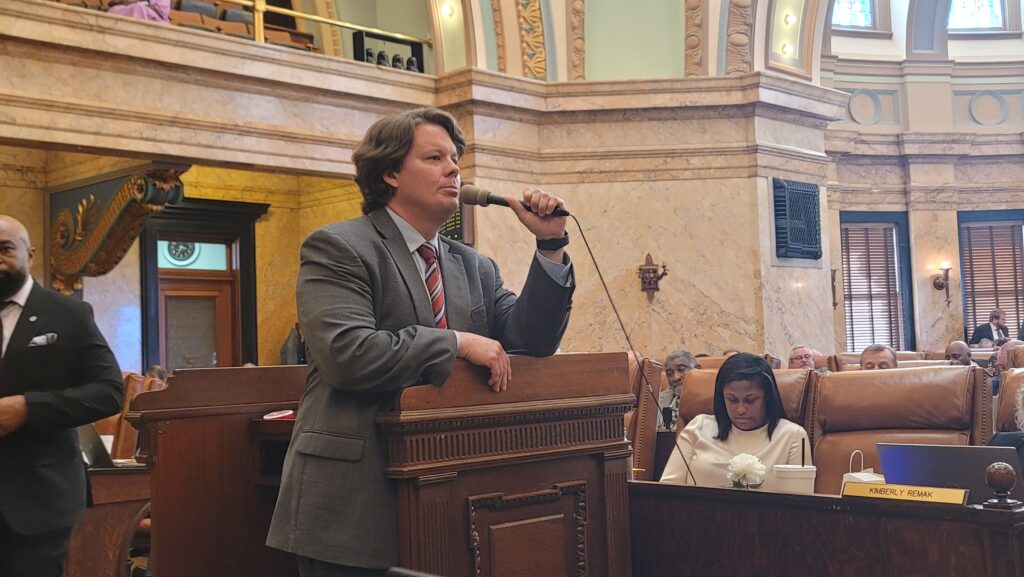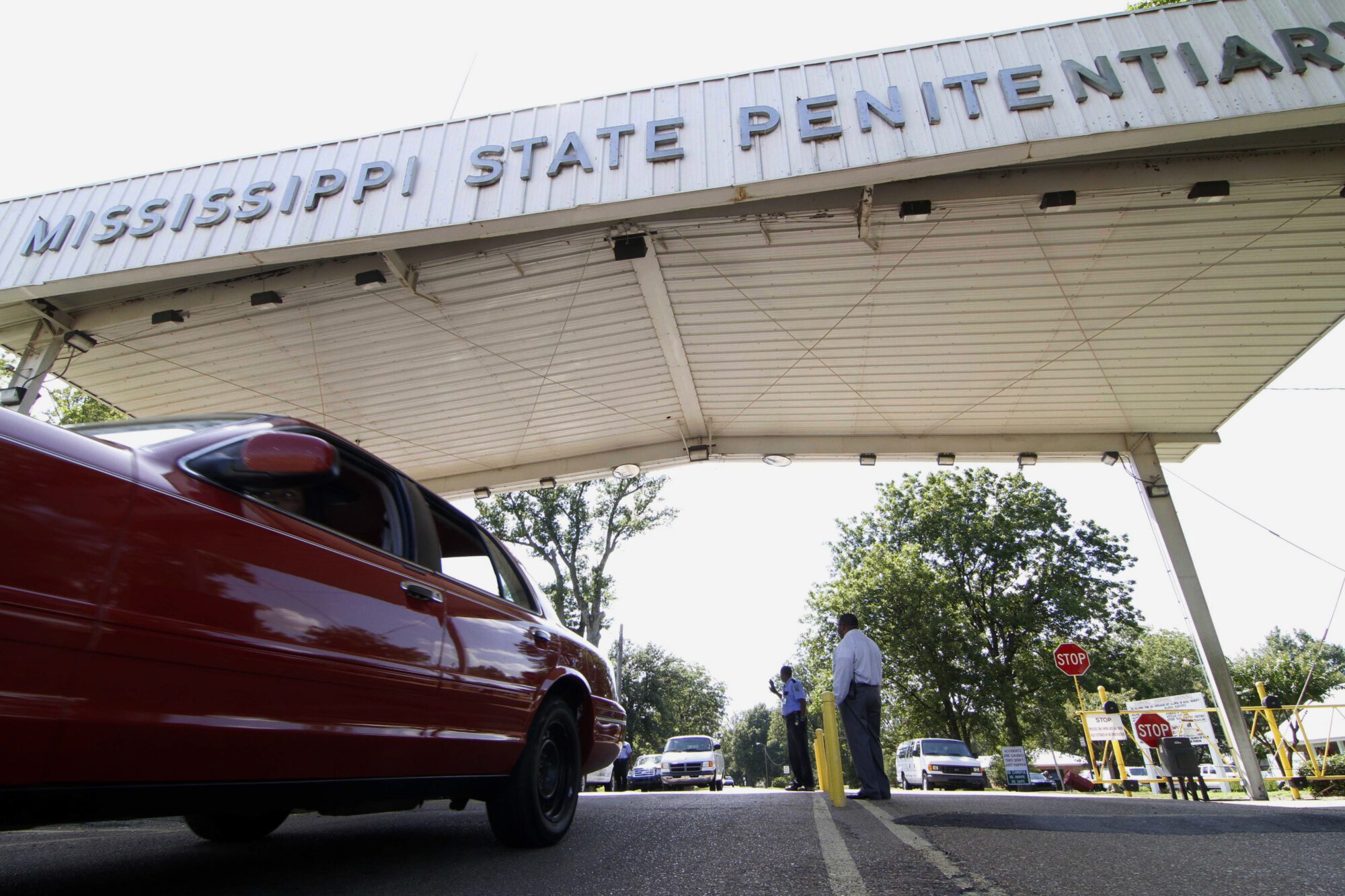
(Photo of Ole Miss students walking on campus from the Ole Miss Facebook page taken by Thomas Graning/Ole Miss Digital Imaging Services - posted January 23, 2023.)
- The legislation seeks to ensure students are admitted and employees are hired based on individual merit and performance, not race, sex, or other discriminatory factors.
A bill ensuring Mississippi’s public universities do not expend taxpayer funds to “establish or maintain a diversity, equity and inclusion office” passed out of the Senate Universities and Colleges Committee on Tuesday.
The bill, SB 2515, was authored by Universities and Colleges Committee Chair Senator Nicole Boyd (R), along with several Republican co-authors.
State Senator Tyler McCaughn (R) noted that the bill would establish a task force comprised of appointees from several public offices to develop recommendations and present them to the Legislature for consideration.
“I want to be clear, this is not to close down anything. This is not to do anything against taking universities out of the system,” McCaughn described. “This is to do everything we can to make it more efficient and that those people who are going to these universities to get their degrees are coming out better than they went in there.”
He said the purpose of the legislation is to prohibit state institutions of higher learning and community colleges from engaging in discriminatory practices. The goal is to ensure employment, academic opportunities, and academic engagement are based solely on individual merit and qualifications, McCaughn said.
SB 2515 defines a DEI office as an office established for influencing hiring decisions or employment practices that promotes deferential treatment or provides special benefits in the admission of a student or hiring personnel based upon their race, sex or other personally identifying factors.
While the bill also defines DEI as training and programs that favor individuals based on race or sex, among other discriminating factors, there are exceptions, including programs targeted to veterans, students with disabilities, and discouraging sexual discrimination, to name a few.
“So, we want to allow for some trainings to occur, just not to the extent of DEI,” McCaughn described.
The legislation also prohibits universities and colleges from spending any funds derived from government appropriations, donations, grants, income, tuition or any funding source as required by federal law to be used to establish or maintain a DEI office.
DEI and programs associated with the movement have come under increased scrutiny since President Donald Trump (R) issued executive orders aimed at rolling back Biden era initiatives within the federal government.
Perhaps nowhere were the Biden Administration’s efforts related to implementing DEI seen more than in the education sector of American society, more specifically in higher education.
As previously reported, Mississippi universities have restructured their DEI programs given the increased questions swirling around their practices. At least three of the state’s eight universities – Southern Miss, Ole Miss and Mississippi State – have rebranded their campus DEI offices, while a fourth – Delta State University – has eliminated its unfilled DEI coordinator position.
Senator Boyd’s bill would also direct the task force to develop recommendations for the Legislature related to changes to policy and laws in Mississippi with a goal of increasing the efficiency of the public university system in Mississippi, planning for future demographic shifts and possible enrollment declines at all institutions.
While the legislation passed the Republican-led Senate committee, it is expected to face a challenge on the floor from the Democratic minority in the chamber.
UPDATE:

The Mississippi House of Representatives discussed its own DEI bill on the floor Wednesday afternoon.
While similar to the bill passed out of the Senate Universities and Colleges Committee, the legislation in the House, HB 1193, adds the K-12 public education system to the DEI restrictions as well as added definitions of sex as it applies to gender.
Discussion of the bill on the floor was lengthy, with some Democratic lawmakers questioning the perceived negative effects of the measure.
“This is definitely going to be a setback,” said Rep. Robert Johnson (D).
An amendment submitted by State Rep. Jansen Owen (R) deleted terminology pertaining to non-public schools in an effort to protect religious private schools.
The legislation passed with Owen’s amendment by a vote of 74-41.










